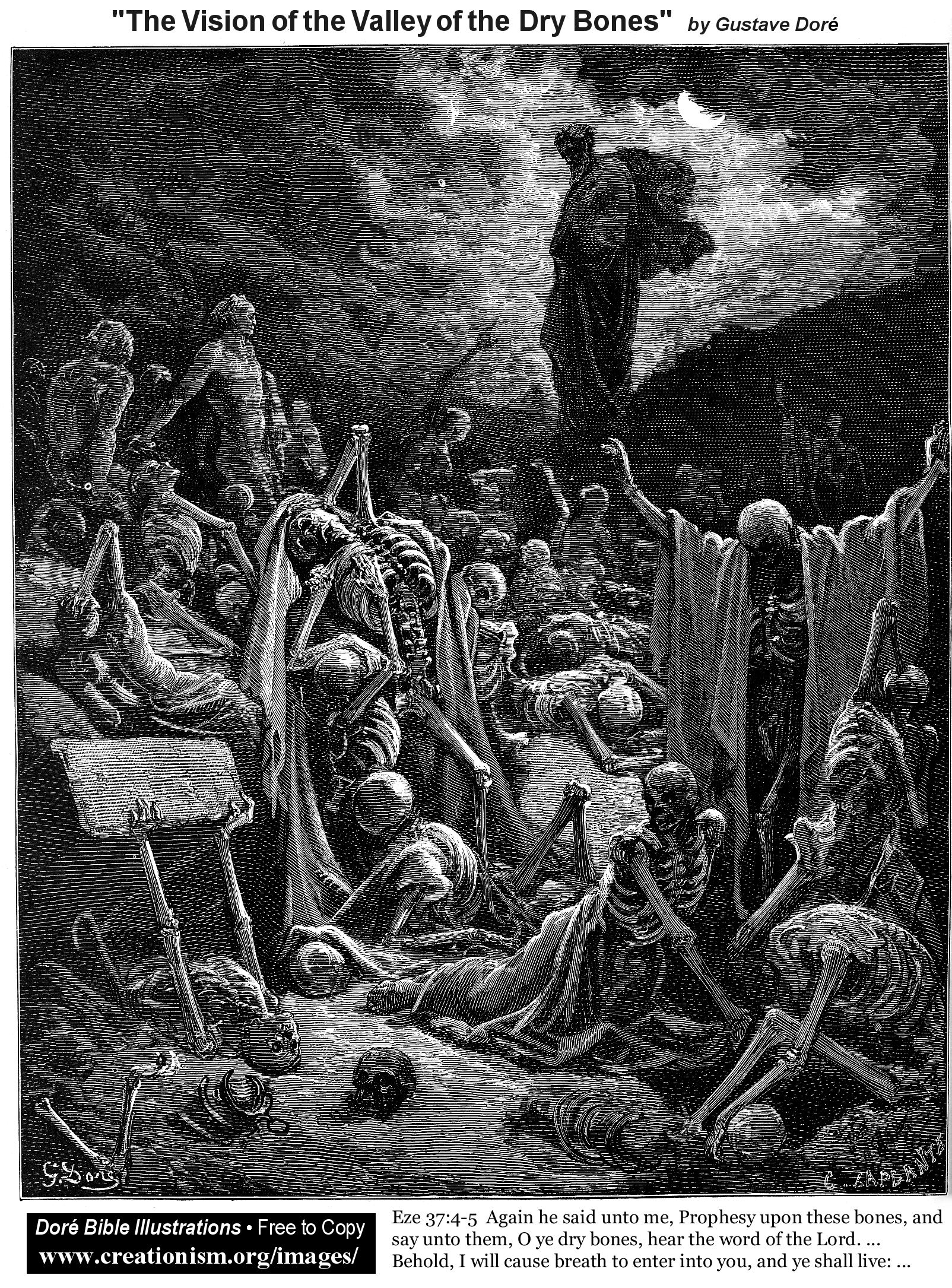
R’ Mordechai Yosef from Izbitz gives us an amazing teaching in Parshas Ki Seitzei, which really gives a person hope that nothing into which they invested love, interest, and sacrifice throughout their lives is lost. Even those things that weren’t right will still be redeemed and shown to have had a place.
He teaches us this by going through the whole seder haparsha, starting with the Eishes Yifas Toar. He starts out by pointing saying that the lashon “v’chashakta bah,” is a very strong word to use for “desire”. He also points that the Torah isn’t geared towards the lowest common denominator of people. Therefore, we’re talking about a person who is holy, a Tzadik which’s fighting in this milchemes reshus, and who is someone who has separated himself from ta’ava and worldy desire. Therefore, when he finds himself with a cheishek, a very strong desire for this woman, he truly sees in this some hashgacha pratis, that such a desire is not a product of his own cultivation of ta’avos, but rather it must be that he really sees something good in her and that is why he’s drawn to her. So he takes her according to the laws of the Eishes Yifas Toar.
It turns out though that she isn’t the hidden Tzadekes that he thought she was. And he’s now not only very disappointed in this fact, but he is also quite upset at himself that he was attracted to her to begin with. He worries that perhaps there was nothing good that he really saw in her and maybe he was just having a stam ta’ava for her, and that that desire he had for what he thought was the good within her was just an illusiory trick of the yetzer hara. However, he comforts himself by saying that it must be that they were have a good son together and that this would turn out well
But unfortunately, this man is beset by tragedy again and his son turns out to be a ben Sorer U’moreh. He has to take his son to the Beis Din and watch them kill him for stealing a little meat and wine. Now, he truly feels broken. Now, he can’t even look to their son as the nekuda tova that came out of his wife whom he originally desired. He really feels now that it was all for nothing.
But Hashem comforts him in three ways.
#1: He sees that after his son is executed, his body is hung. However, the Torah says it must be removed before nightfall, "ki Kilelas Elokim Talui." This means that even this person who deserved to be executed is still called a tzelem Elokim to the extent that it would be a Chilul Hashem to let his body just hang there. So he sees that in fact the son did posess a tzelem Elokim and that there was, therefore, a nekuda tova in him that only now, in the fulfillment of this halacha of removing his body after execution, is that fact of his tzelem Elokim revealed.
#2: The halacha for why he is executed after merely stealing some wine and meat is, "Tamus Zakai v'al tamus chayav." That means that the Torah is testifying that at this point in his son's life, he is called, "Zakai." Innocent. And this fact of his "zakai" status is only revealed in the ben sorer u'morer process. So the birur, clarification of the good in him is thus revealed in the halacha of ben sorer or morer its self.
#3: Later in the parsha, we have the halacha of Hashavas Ha'aveida. This means that lost objects must be returned. That cheishek that he had originally for the Eishes Yifas Toar feels to him like a "lost object," something which went for nothing. The halacha of hashavas aveida comforts this man by teaching him that Hashem will return every lost desire, decision, or mistake. Hashem will show him that in the end, based on #1 and #2 above, his original cheishek will be vindicated as having a purpose.
The Ish Hayisraeli is a chashuv thing and originates from the highest places in Shamayim. He would not have a cheishek unless it was directed at something truly good. It does not look this way on the outside, but the good points that one might be attracted to are often hidden in the lowest things. Many might be attracted to the "fallen" form of that nekuda tova. But deep inside, the only reason a Jew can be attacted to that thing in the first place is because of the true, good root of that nekuda tova.
May Hashem lift up and cleanse all of the ta'avos nefulos that we have had redeem those "lost" desires and energies that we have spent!
-Dixie Yid
(Painting is of the "Valley of the Dry Bones" - same message!)
1 comment:
Great post... classic Ishbitz!
Post a Comment